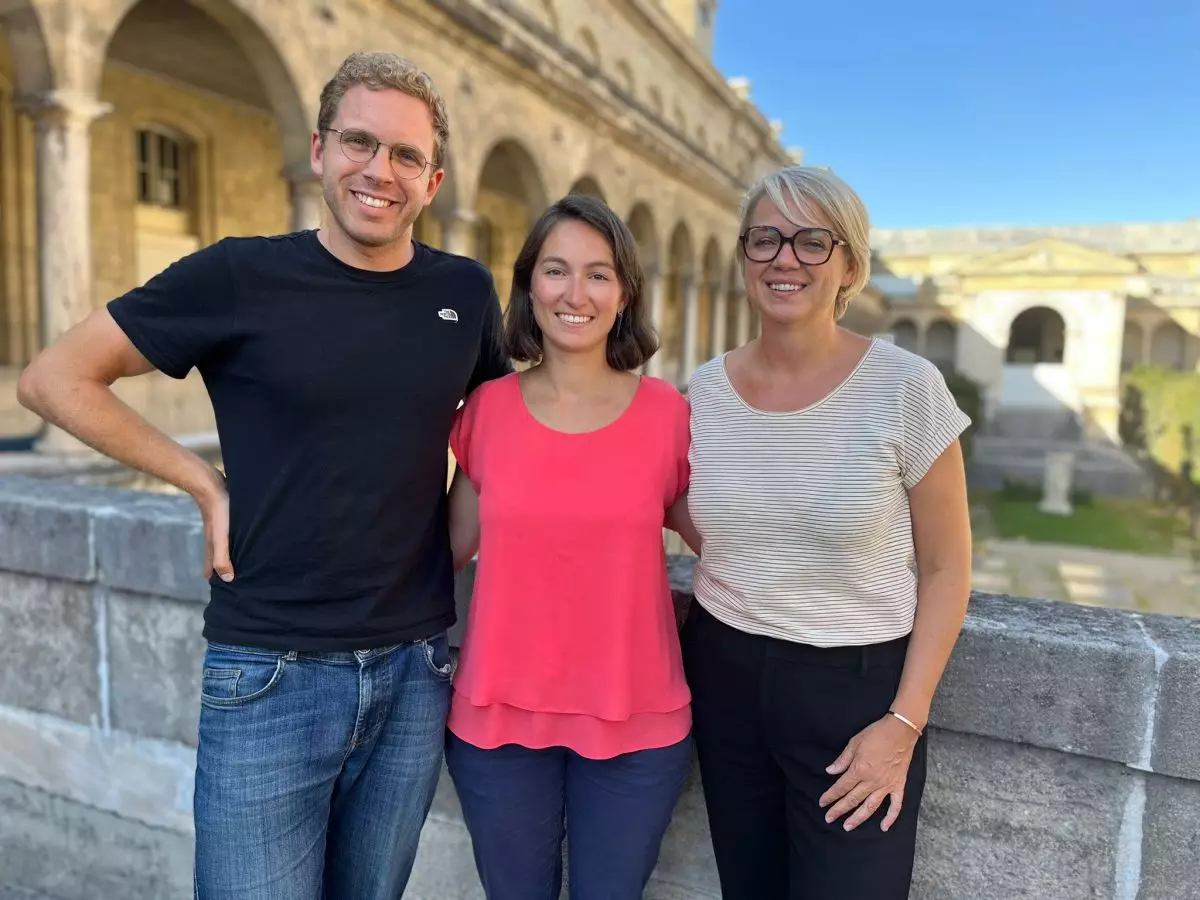The alarming increase in cancer cases, particularly among younger adults, poses a significant challenge for healthcare systems and researchers worldwide. Recently, incidences of various cancer types have surged, creating an urgent demand for effective treatment options, particularly when traditional approaches have stalled in their efficacy over recent decades. The disparity between the growing need for innovative cancer therapies and the high rate of failure for new drug compounds entering clinical trials amplifies the urgency of rethinking the paradigm of drug development.
One of the key insights from industry experts is that the design of clinical trials plays a pivotal role in the success or failure of new drug approvals. Fanny Jaulin, a French entrepreneur and the founder of Orakl Oncology, highlights that just because a drug fails to demonstrate success in clinical trials does not inherently indicate it lacks merit. Such failures often extend from inadequate trial designs, which may not effectively account for the complexities of cancer as a disease. As the industry grapples with this reality, it becomes clear that the status quo is insufficient; innovative trials that harness modern technology are crucial for effectively assessing new therapeutic agents.
Founded in 2023 as a spinoff from the Gustave Roussy Institute of Oncology, Orakl Oncology seeks to bridge the gap between data analytics and biological insights in its approach to drug discovery. With an emphasis on applying artificial intelligence (AI), Orakl provides a novel framework for understanding patient-specific tumors. Unlike many competitors in the sector who either focus on data or biology, Orakl embraces a hybrid model that incorporates both dimensions into the trial process. This integration fosters a more comprehensive understanding of cancer pathology and the treatment response, enabling more accurate predictions regarding drug efficacy.
Jaulin acknowledges that while many companies are now leveraging AI, the challenge lies in the thoughtful integration of this technology within the framework of clinical trials. Orakl’s innovative strategies focus on creating patient avatars that combine insights from real patients with bioluminescent tissue models. This approach is particularly relevant for cancers such as colorectal and pancreatic cancer, where traditional treatment methodologies have seen little advancement in years.
Central to Orakl’s methodology is the use of organoids—tiny, simplified models of organs that simulate their function and disease states. These organoids serve as vital platforms for testing drug responses, allowing researchers to explore how specific therapies could interact with different tumor types. The data layer of Orakl’s platform collects a robust array of around 40 patient-specific variables, which, despite being smaller than those of larger competitors, offers valuable insights that are critical for individualized patient care. Focusing on detailed data integration allows the startup to advance its mission while collaborating with leading biotech entities in developing effective treatment plans.
The company plans to commercialize two innovative products: O-Predict, designed to forecast patient response to drug candidates, and O-Validate, assessing how various drugs may perform in trials. The dual product strategy speaks to a broader trend in drug development, where both developers and data-centric biotech companies can benefit from tailored insights. Funding to advance these initiatives has been substantial, with Orakl successfully securing nearly €15 million in total capital through a combination of seed and pre-seed financing rounds. This financial backing enables the startup to focus on expanding its commercial team and building essential partnerships.
Fanny Jaulin’s vision for Orakl Oncology encapsulates a pioneering approach to tackling the complexities of cancer treatment. By prioritizing meaningful innovations in the clinical trial process, integrating AI, and leveraging nuanced data strategies, Orakl stands poised to make a significant impact in the battle against cancer. The company’s evolving solutions could ultimately transform how clinical trials are conducted, ensuring that the future of cancer treatment is more personalized and effective.

